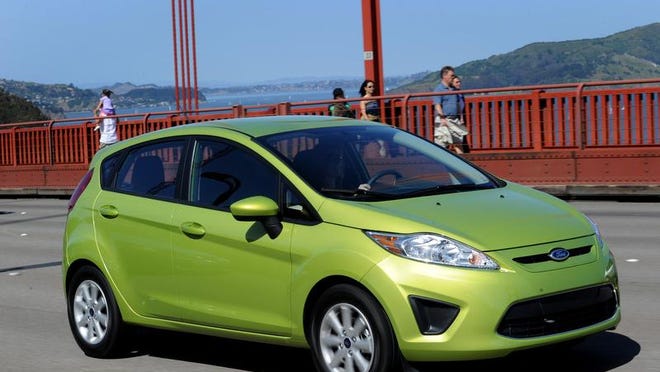- Home
- Services
- Lemon Law
- Bryan Altman Substantial Trial Victory Over Ford Motor Company in the News
- Lemon Law victory by Bryan Altman and The Altman Law Group
- Top Verdict 2017
- Top Verdict 2018
- F – 350 Case
- DPS6 $500,000 California Lemon Law Jury Verdict for Plaintiff – Fraud Damages
- Ford Hid Problems With DPS6 Transmission Vehicles – Myers v. Ford Motor Company
- News and Resources
- Contact


